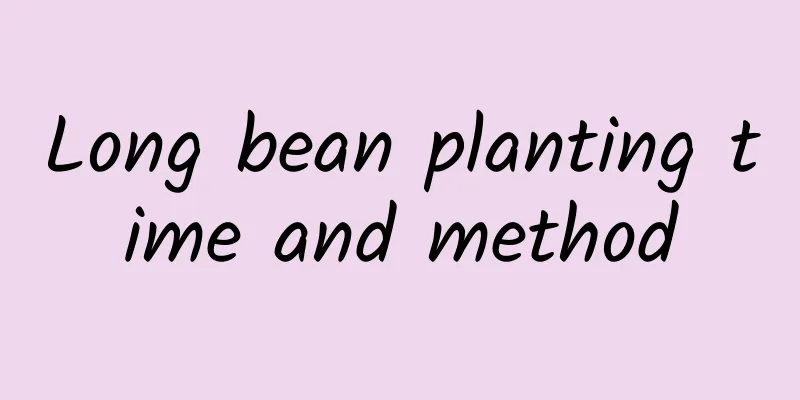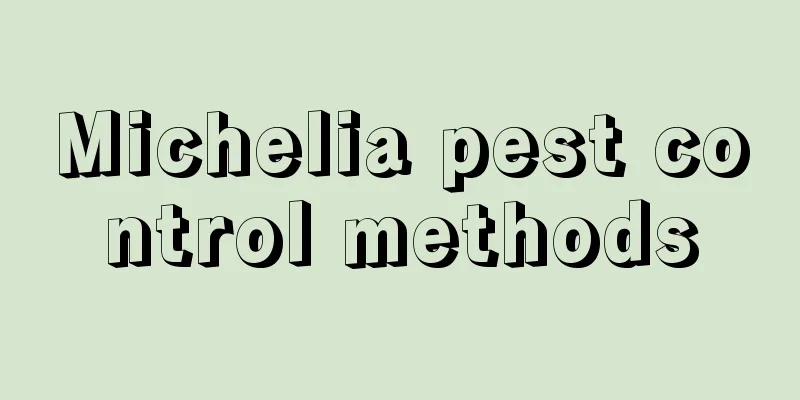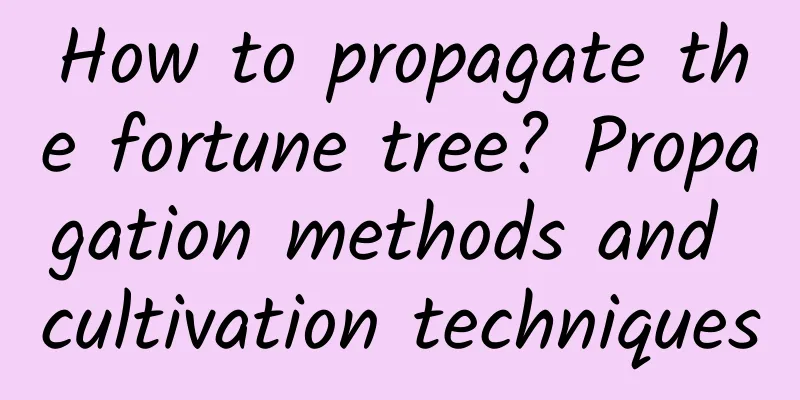What insects does acetamiprid mainly kill?

|
Acetamiprid is a new broad-spectrum insecticide with certain acaricidal activity. It has a good application effect on a variety of plant pests and diseases such as rice, fruit trees, and cotton, and is widely used in agriculture. So what insects does acetamiprid mainly kill? Let’s learn more about it below. What insects does acetamiprid mainly kill? Acetamiprid has the characteristics of broad insecticidal spectrum, high activity, small dosage, long-lasting effect and rapid effect. It has contact and stomach poison effects and has excellent systemic activity. It has a good control effect on Hemiptera (aphids, leafhoppers, whiteflies, scale insects, scale insects, etc.), Lepidoptera (diamond back moth, miner, borer, leaf folder), Coleoptera ( longhorn beetles , monkey leafworms) and Mesoptera pests (thrips). How to use acetamiprid? 1. Usage and Dosage 1. Prevent and control vegetable aphids During the initial outbreak of aphids, use 40-50 ml of 3% acetamiprid emulsifiable concentrate per acre, dilute with 1000-1500 times water, and spray evenly on the plants. 2. Control rice planthoppers During the peak period of low-age nymphs, spray with 1000 times 5% acetamiprid emulsifiable concentrate, and the prevention and control effect can reach more than 90%. 3. Control black-winged whiteflies on fruit trees and citrus whiteflies During the pest infestation period, spray with 1000-1500 times diluted 3% acetamiprid wettable powder. 4. Prevention and control of cotton, tobacco and peanut aphids During the initial stage of aphid infestation, spray the plants evenly with 5% acetamiprid diluted with 2000 times water. 2. Precautions 1. Acetamiprid should not be mixed with strong alkaline liquid medicine. 2. Do not apply pesticides on windy days or when rain is forecast within 1 hour. 3. Acetamiprid should be stored in a cool and dry place and should not be mixed with food. 4. Acetamiprid is slightly irritating to the skin. Be careful not to splash it on the skin. If it splashes, wash it off immediately with soapy water. 5. Acetamiprid is harmful to bees, silkworms, etc. When using it, you must pay attention to the surrounding environment to avoid unnecessary losses. 6. One of the disadvantages of acetamiprid is that it only kills adult insects but not eggs. When used with an ovicide, its effectiveness will last longer and be better. For example, pyriproxyfen and spirotetramat. In general, acetamiprid has a relatively wide range of insecticides and is quick to take effect, especially for insect pests (aphids) that have developed resistance to the drug. However, during use, you need to pay attention to the method and dosage to avoid harm to humans, animals and the environment.
|
<<: How to grow money tree seedlings and when to top the seedlings
Recommend
How to plant Qinye fig
Planting preparation Matrix After breaking up the...
What fertilizer is best for white jasmine (how to fertilize white jasmine to make it grow faster and bloom more)
In fact, white jasmine usually blooms from April ...
Is the four seasons plum poisonous?
1. Is it toxic? The four-season plum is poisonous...
When and how to repot Christmas cactus
Time to repot Christmas cactus It is recommended ...
How to grow cactus quickly
1. Flowerpots and soil Try to choose flower pots ...
Impatiens growth environment conditions and characteristics
Impatiens growth environment conditions and requi...
20 kinds of flowers are stuffed into a glass bottle, and water is oozing out of the leaves, it's so beautiful!
What is Micro Landscape? You might think the pict...
The meaning of Ginkgo
1. Many sons and grandsons In the gradual evoluti...
What are the cultivation methods and precautions of hibiscus flowers?
Hibiscus cultivation method Hibiscus is a common ...
Can peach trees be planted in the north?
Can peach trees be grown in the north? Peach tree...
Asparagus Planting Methods and Techniques
Asparagus is a perennial herb with strong adaptab...
Should I use a large or small pot for growing aloe vera?
Should I use a large or small pot for aloe vera? ...
How to sow the star cactus
1. Choice of flower pots When sowing seeds with t...
How to grow peperomia
1. Potting soil When growing peperomia, you need ...
How many times a year does the longevity crabapple bloom?
Flowering period of longevity crabapple Its flowe...









